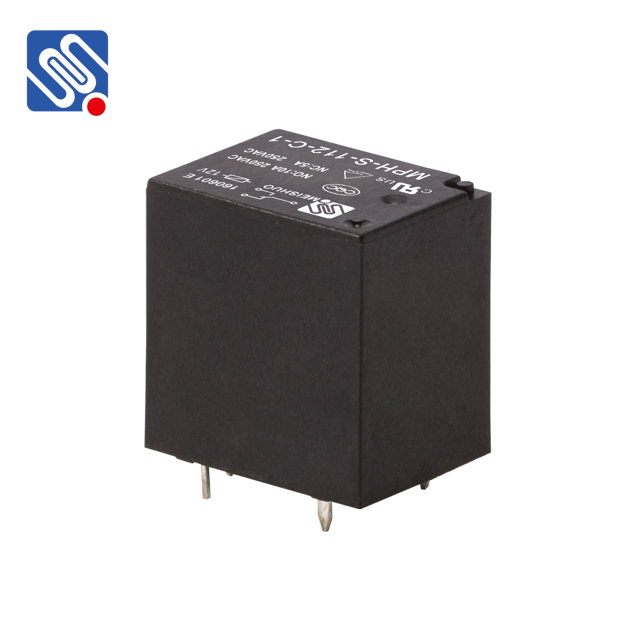relay functional testing: ensuring reliable performance in automation systems
Release time:2025-09-27 06:32:51
Relay functional testing is a crucial process that ensures the reliable operation of relays in various electrical and automation systems. Relays, which serve as switches that open and close electrical circuits, are commonly used in industries ranging from power generation to automotive systems. The primary purpose of relay functional testing is to verify that relays function as intended under different operating conditions, ensuring they perform their role in controlling electrical circuits accurately and efficiently. In this article, we will delve into the significance, key aspects, and methods of relay functional testing.

The Importance of Relay Functional Testing
Relays are integral components in a vast array of electronic and electrical systems. Whether it’s controlling high-voltage circuits, protecting sensitive equipment from electrical surges, or automating processes, relays provide essential switching functions. However, like all mechanical and electrical components, relays are prone to failure over time due to factors such as wear and tear, electrical stress, and environmental conditions.
Functional testing helps to ensure that the relay can switch reliably without failing prematurely. In critical applications, the failure of a relay could lead to system malfunctions, equipment damage, or even safety hazards. Therefore, conducting relay functional testing not only increases the system's efficiency but also minimizes the risks associated with relay failure.

